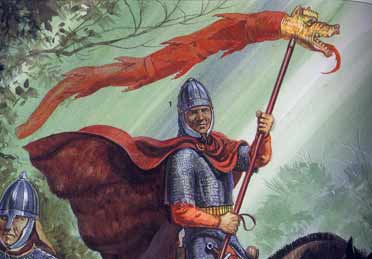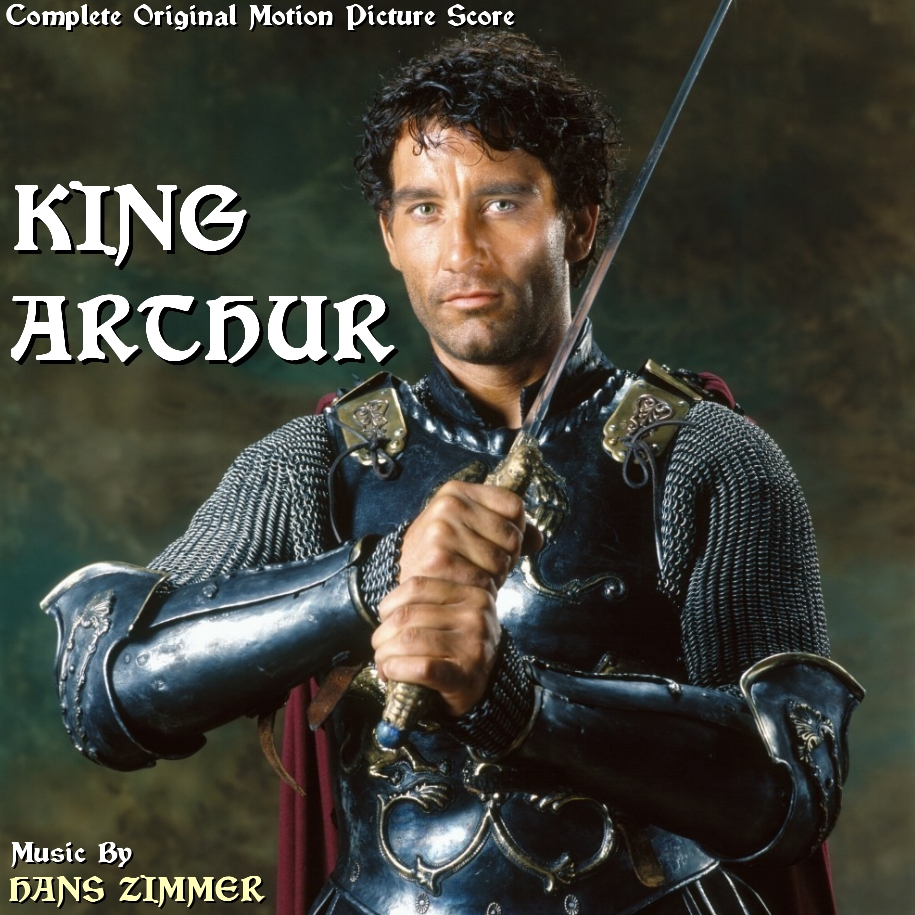The commonwealth of Poland and Lithuania escaped the ravages of the thirty-years war, which ended in 1648. But the ensuing two decades subjected the country to one of its most difficult trials. This ruinous period, the stuff of legend and the popular historical novels of nobel prize winner Henryk Sienkiewicz, became known as the "potop," or deluge, for the magnitude and quickness of its many disasters. The emergency began with an uprising of Zaporojhian cossacks in Ukraine which quickly spread to the whole of the Eastern commonwealth. This culminated in an attempt of establishing an independent Cossack nation with Kiev as its capital, in spite of the efforts of the commonwealth to crush the rebellion by force. After the Cossacks concluded the Treaty of Pereyslav with Moscuvy, prolonged and increasing Russian intervention began in the Ukrainian and Belarusian territories. Taking advantage of Poland's preoccupation and weakness, Charles X of Sweden rapidly conquered much of the remaining territory of the Commonwealth in the same year. Many Polish magnates who were Protestants betrayed the commonwealth and joined forces with the Swedes in an attempt to overthrow the Polish king. Poland-Lithuania was Pushed to the brink of dissolution, but rallied to recover most of its losses from the Swedes. In exchange for breaking the alliance with Sweden, the ruler of Ducal Prussia was released from his vassalage and became an independent sovereign. Swedish brutality, and especially the failed siege of Jasna Gora monastery at Czestochowa in the winter of 1655 raised the level of resistence against Charles, whom a part of Polish nobles had recognized as their ruler in the meantime.
One noble who did not switch sides, became something of a national hero for the commonwealth. Hetman Czarniecki distinguished himself by his heroic defence of Cracow, which he only surrendered under the most honorable conditions. His energy and ability as a leader hampered Charles X at every step, and though he was frequently defeated by the superior forces he from time to time inflicted serious defeats upon the Swedes. The most famous victories came at Jaroslaw and at Kozienice in 1656. Under his leadership the popular rising against the invading Swedes ultimately proved triumphant. It was he who brought King John Casimir back from exile and enabled him to regain his lost throne. He is well remembered as a hero in Poland and his name is even mentioned in the Polish national anthem.
Despite the survival of the Commonwealth in the face of the deluge,the episode inflicted irreperable damage to the commonwealth and contributed heavily to the ultimate fall of the state. When King John Casimir abdicated in 1668, the population of the Commonwealth had been reduced by almost half owing to war and disease. War had destroyed the economy of the cities and raised animosity between Catholics and Protestants which ended the commonwealth's policy of religious tolerance. From that point on the Commonwealth would be constantly on the defensive facing hostile neighbors. Never again would the commonwealth compete with Russia as a military equal.
According to Norman Davies, the reason why the commonwealth was able to lose all her prestige, strength and unity in a matter of decades was the internal stucture of governance in the country to begin with. The traditional rights of the "szlachta" or nobility were greater than those of any other nobility in Europe. They included the "liberum veto" which allowed any one delegate the right to shoute "veto," and thus bring the work of the parliament ("sejm"), to a halt. This was thoroughly exploited by the enemies of the commonwealth to cause internal strife at key moments. Such moments were usually crucial votes in the sejm calling for a "general levy," which was the mobilization of all the armed forces of the commonwealth. Such anarchy was bound to cause the commonwealth to fall to her more centralized neighbours.
-- Contributed by Jan --
One noble who did not switch sides, became something of a national hero for the commonwealth. Hetman Czarniecki distinguished himself by his heroic defence of Cracow, which he only surrendered under the most honorable conditions. His energy and ability as a leader hampered Charles X at every step, and though he was frequently defeated by the superior forces he from time to time inflicted serious defeats upon the Swedes. The most famous victories came at Jaroslaw and at Kozienice in 1656. Under his leadership the popular rising against the invading Swedes ultimately proved triumphant. It was he who brought King John Casimir back from exile and enabled him to regain his lost throne. He is well remembered as a hero in Poland and his name is even mentioned in the Polish national anthem.
Despite the survival of the Commonwealth in the face of the deluge,the episode inflicted irreperable damage to the commonwealth and contributed heavily to the ultimate fall of the state. When King John Casimir abdicated in 1668, the population of the Commonwealth had been reduced by almost half owing to war and disease. War had destroyed the economy of the cities and raised animosity between Catholics and Protestants which ended the commonwealth's policy of religious tolerance. From that point on the Commonwealth would be constantly on the defensive facing hostile neighbors. Never again would the commonwealth compete with Russia as a military equal.
According to Norman Davies, the reason why the commonwealth was able to lose all her prestige, strength and unity in a matter of decades was the internal stucture of governance in the country to begin with. The traditional rights of the "szlachta" or nobility were greater than those of any other nobility in Europe. They included the "liberum veto" which allowed any one delegate the right to shoute "veto," and thus bring the work of the parliament ("sejm"), to a halt. This was thoroughly exploited by the enemies of the commonwealth to cause internal strife at key moments. Such moments were usually crucial votes in the sejm calling for a "general levy," which was the mobilization of all the armed forces of the commonwealth. Such anarchy was bound to cause the commonwealth to fall to her more centralized neighbours.
-- Contributed by Jan --
 PolishForums LIVE / Archives [3]
PolishForums LIVE / Archives [3]



